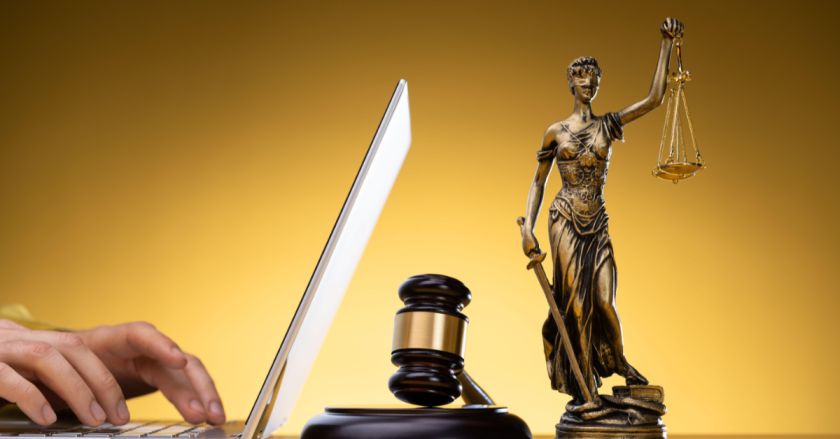A Comprehensive Guide to Litigation
Litigation is the process of proceeding the legal actions through the legal process for resolving dispute between two parties. The process includes filing lawsuit, managing pre-trial procedures, collecting and presenting the proofs or evidence and the last step is of Jury to give the final verdict. Litigation process can be a bit hard to handle for everyone and is very time consuming, hence requires the expertise of a lawyer who is specialised in this area.
In this blog, we will discuss about litigation and its process in detail for a better understanding of what it really means and how to handle it if when required. We will also try to understand the steps involved in litigation, other ways of handling the disputes and a comparison to understand which process works best and when. Weather you are facing a lawsuit or just want to know about court system & its proceeding, this article will provide all the important information.
Definition and Scope of Litigation in India
In Simple terms, Litigation is the process of solving legal matters through the court system. This means, starting a case in the right court, representing your side of the case with all the proofs or evidences and finally getting the verdict from the judge.
Types of Litigation: Civil, Criminal, and Commercial
Litigation covers various legal disputes where each type has its own set of rules to be followed.
1. Civil Litigation
Civil litigation is the most common type of litigation. It involves disputes between firms, individuals, or entities seeking monetary damages. Note that it does not include criminal matters, although it can sometimes be used to supplement punishment for criminal actions.
Examples of Civil Litigation:
- Claims for Contract Breach
- Lawsuits related to personal injuries
- Property disputes
2. Criminal Litigation
Criminal Litigation involves legal matters related to crimes against the state. In this, the government charges or punishes people who have done crime such as theft, drug offenses, assault, etc.
3. Commercial litigation
Commercial litigation is specialized area of civil law involves problems that come from business deals. It covers disputes that occurs between two or more corporate entities.
Example of Commercial Litigation problems:
- Breach in contracts
- Unauthorized use of intellectual property
- Shareholder disputes
The Litigation Process Explained
The litigation process vary from case to case depending on the complexity of the case. However, the basic steps remain same in all types of cases, which are:
- Filing a Suit
- Issuance of Summons
- Written statement and counter-claims
- Framing of Issues
- Evidence & Witness
- Arguments
- Judgement
- Execution of Decree
Importance of Litigation in Law
Litigation is important because it is the means to provide justice, secure individual rights and for settling conflicts with the help of law. Some of the major advantages of litigation are:
- Ensures Justice & Rule of Law
- Protects Rights & Liberties
- Helps in Dispute Resolution
- Promotes Business & Economic Stability
- Provides Balance & Stability in Nation
Comparing Litigation and Arbitration in Dispute Resolution
Litigation and arbitration are two different ways of solving the legal disputes. Litigation is the formal method of solving disputes in court system. Arbitration is private way of solving dispute by bringing the issue to the third party.
Litigation includes a judge or jury and is filed publicly and Arbitration includes specialists that keeps things private.
What is Litigation Management Software?
Litigation management software, which is also known as legal case management software is the solution for easily managing the complete legal process. The software helps in tracking important deadlines, keeping all the documents in a single place, and create reports on the basis of all the data.
With the help of the tool, it becomes very easy to check case details, track deadlines, receiving the alerts and notifications, set the routine and administrative tasks on automation. It enables the legal professional and corporate firs to easily manage all their cases.
To know more about Litigation management, click here





